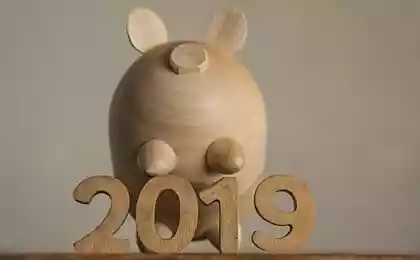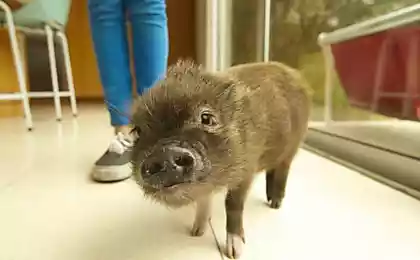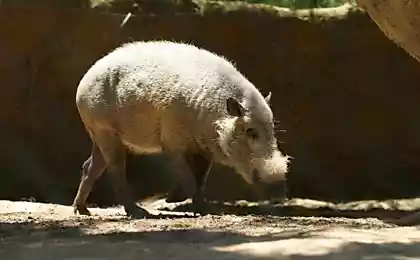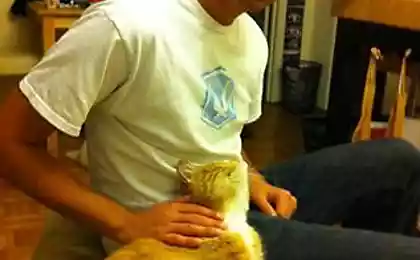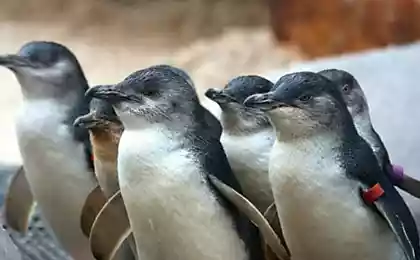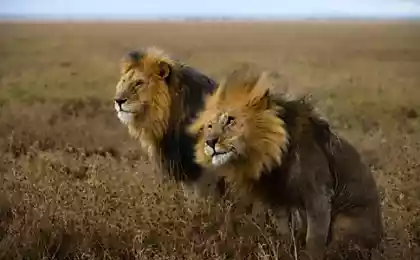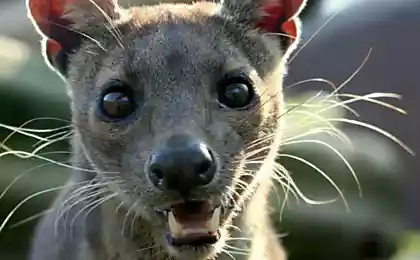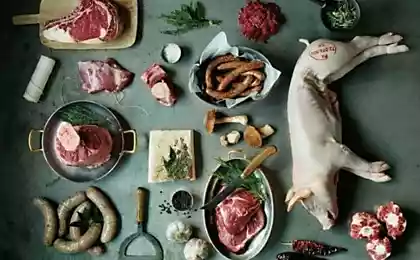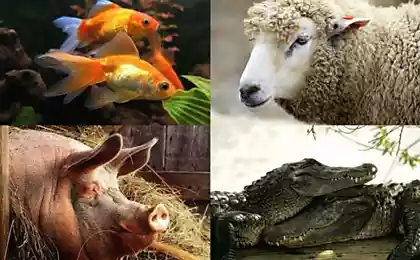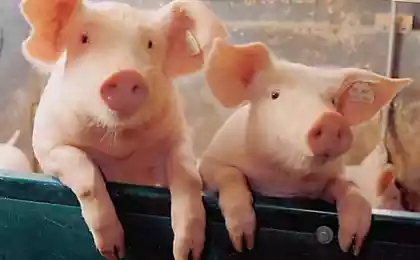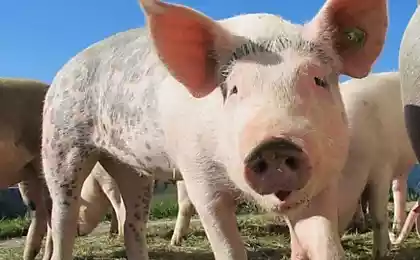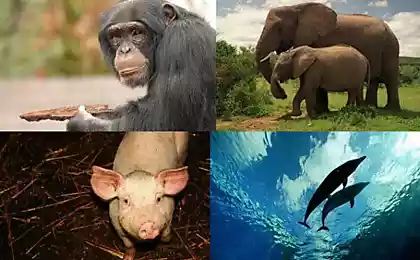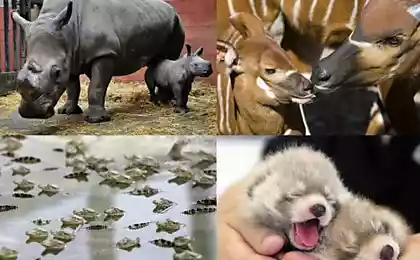221
Cubs of the Visayan wart pig from Chester
The Chester Zoo in the United Kingdom has celebrated the birth of one baby of a rare Visayan Warty Piglets. There are about 200 pigs left in the wild in the Philippines.
The piglet, whose floor is not yet established, has a characteristic striped color, acting as a camouflage and protecting against natural enemies. These yellow-brown stripes disappear 9-12 months after birth.
According to the Chester Zoo website, the piglet is so small that it can easily fit in a pocket. The mother of crumbs is very responsible for her maternal duties and with all her might scolds the only baby.
The mother and cub are together with their group in an open enclosure, but can always hide in a closed room if desired. “Visai wart pigs are endangered and are a rare endangered species,” said caretaker Lucy Edwards.
Visayan wart pigs are considered the most vulnerable species among all pigs in the wild. These animals once lived on six islands in the Philippines, but only two of the six islands are still alive.
Due to the rather rapid deforestation for agricultural use and the active hunting of the local population, their numbers are rapidly declining, says Ms. Edwards. Now, according to the latest data in the Philippines, there are only about 200 individuals left!
Chester Zoo is one of four zoos in the UK that breed Visayan wart pigs. The first offspring from these animals were received in 2011. "We are very happy," says the caretaker, "that the Visayan wart pigs breed perfectly in our zoo."
These pigs learned their name from three pairs of warts that are located on the faces of adult animals. Zoologists believe that these not very attractive growths serve as a natural defense against enemies and rivals (during the mating season).
The already small population of these pigs continues to decline rapidly, which is why the European breeding program, which has recently been gaining momentum at the Chester Zoo, is so important. In addition, this program helps to increase the genetic diversity of this species throughout Europe. The Chester Zoo is also providing financial support for a breeding program in the Philippines.
Source: zoopicture.ru
The piglet, whose floor is not yet established, has a characteristic striped color, acting as a camouflage and protecting against natural enemies. These yellow-brown stripes disappear 9-12 months after birth.
According to the Chester Zoo website, the piglet is so small that it can easily fit in a pocket. The mother of crumbs is very responsible for her maternal duties and with all her might scolds the only baby.
The mother and cub are together with their group in an open enclosure, but can always hide in a closed room if desired. “Visai wart pigs are endangered and are a rare endangered species,” said caretaker Lucy Edwards.
Visayan wart pigs are considered the most vulnerable species among all pigs in the wild. These animals once lived on six islands in the Philippines, but only two of the six islands are still alive.
Due to the rather rapid deforestation for agricultural use and the active hunting of the local population, their numbers are rapidly declining, says Ms. Edwards. Now, according to the latest data in the Philippines, there are only about 200 individuals left!
Chester Zoo is one of four zoos in the UK that breed Visayan wart pigs. The first offspring from these animals were received in 2011. "We are very happy," says the caretaker, "that the Visayan wart pigs breed perfectly in our zoo."
These pigs learned their name from three pairs of warts that are located on the faces of adult animals. Zoologists believe that these not very attractive growths serve as a natural defense against enemies and rivals (during the mating season).
The already small population of these pigs continues to decline rapidly, which is why the European breeding program, which has recently been gaining momentum at the Chester Zoo, is so important. In addition, this program helps to increase the genetic diversity of this species throughout Europe. The Chester Zoo is also providing financial support for a breeding program in the Philippines.
Source: zoopicture.ru
In Europe we running out of oil and gas
Thermal Touch system and smart glasses will turn any surface into a touchscreen

